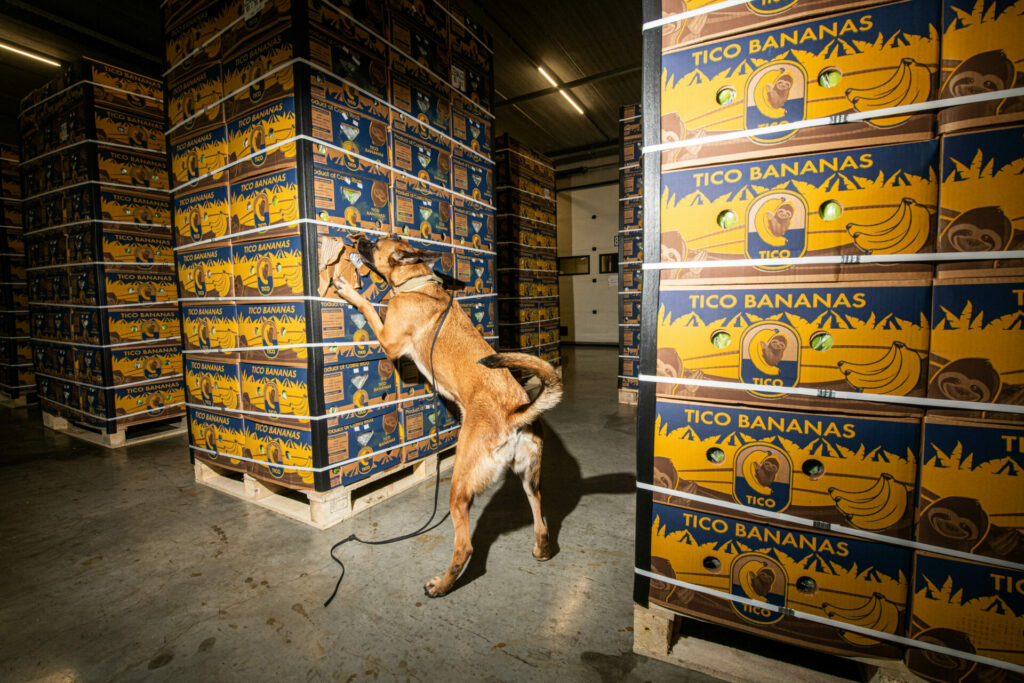As Belgium grapples with the challenges of drug trafficking orchestrated by groups with enormous financial and logistical strength, the need to look beyond national – and even European – networks has become clear. Eager to find a global solution, Belgium headed a meeting between the EU and Latin America to strengthen cooperation on the issue.
The drug trade between Latin America and Europe has united the two continents in efforts to disrupt distribution chains and put an end to the reaping devastating effects it has on both sides of the Atlantic Ocean.
Just last month, Bolivia made what is believed to be the largest cocaine haul ever. Meanwhile, Ecuador's port city of Guayaquil – now one of the most critical transit points in the worldwide cocaine trade – has seen gang-related violence skyrocket, with citizens caught up in the violence.
Europe is the main destination for these drugs and Belgium's Port of Antwerp is increasingly the gateway to the continent. This has seen gang violence surge in Antwerp, with rivals fighting it out in the public space. Similar turf wars have sprung up in the Belgian capital, with several shootings taking place in just four days.
Alexander De Croo has urged all authorities to accept responsibility for their part in the fight, but experts warn that the problem is bigger than Belgium. In recognition of this, Latin America and Europe hope that through closer collaboration they can dismantle the international drug networks.
Western demand and Latin American blood
Belgian Home Affairs Minister Annelies Verlinden was in La Paz, Bolivia, on Thursday to co-chair the 24th meeting of the EU-CELAC Coordination and Cooperation Mechanism on Drugs.
Both EU and CELAC (Community of Latin American and Caribbean States) representatives highlighted the damage that the drug trade is having in their regions. The meeting led to the La Paz declaration – a mechanism for bi-regional cooperation that aims specifically at stemming the flow of drugs and stopping related activities.
Verlinden explained that the declaration "commits Latin American and EU Member States to redouble efforts over the next five years to address all facets of the global drug problem." It sets out priority areas for cooperation over the next five years with a focus on the production and trafficking of drugs.
It also puts issues of substance use in the spotlight. Experts and authorities in Latin American countries gripped by drug crime have stressed that the West needs to double down on the use of drugs, as demand in wealthy countries is funding the ravages that production and smuggling create in countries of origin.
Related News
- How drug gangs took over Antwerp’s port
- 'If Brussels loses, everyone loses': Belgian authorities urged to fight drug violence together
The cooperation will also focus on the link between drugs and crimes that affect the environment and other forms of organised crime related to drug trafficking. In Belgium, the Flemish Peace Institute (VVI) already warned this is leading to increased illegal gun trafficking, intensifying "general sentiments of insecurity among the population".
The EU-CELAC Coordination and Cooperation Mechanism on Drugs was established in 1998, partly to strengthen existing cooperation on drug-related issues. It is the only official forum where the EU and CELAC come together to address these issues, taking a global approach and addressing aspects around drug demand and supply reduction.

